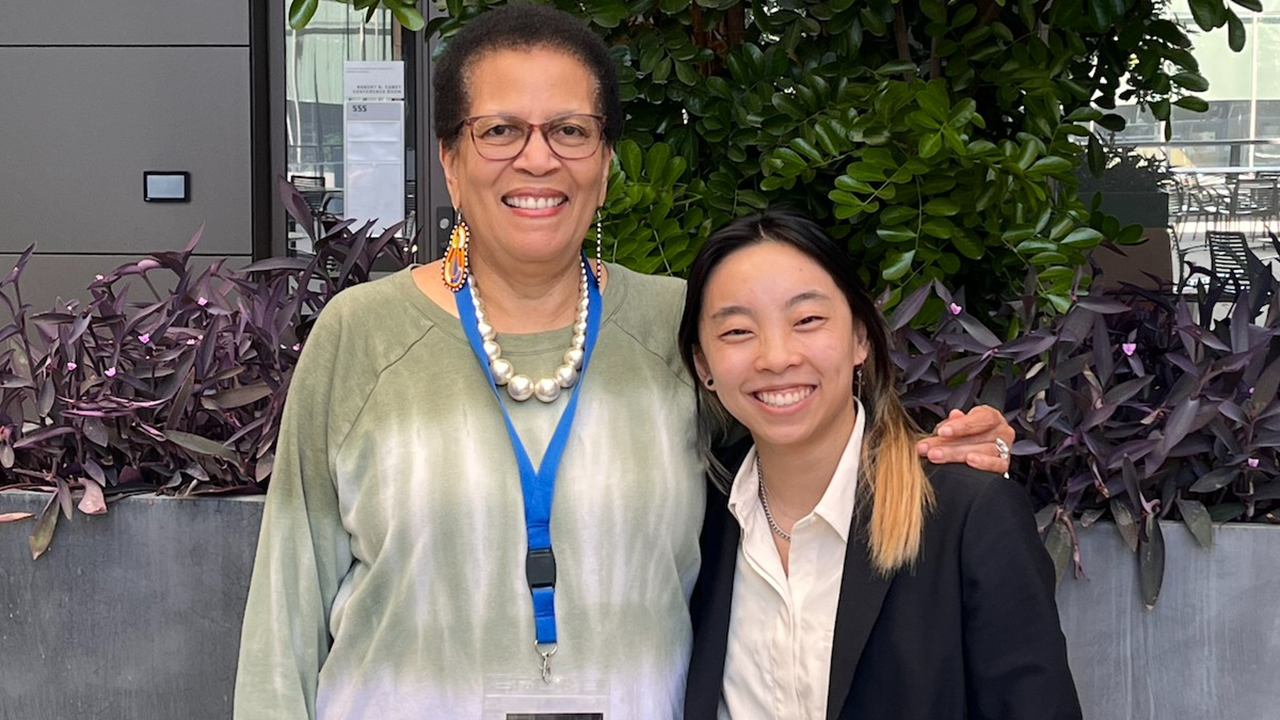Law Student Attends First-Ever Model Constitutional Convention

Held in Phoenix, Arizona, the simulated three-day convention brought together 106 students from over 70 universities across the nation to act as delegates for states and territories of the U.S. Each student was assigned a state or U.S. territory to represent, with each state having two delegates.
“It was exciting to participate in such a cool experience for the very first time they were hosting it,” said Hillard. “It was an amazing experience, and speaking to fellow delegates was interesting and fun. It was unique to see a group of students from all over the country do this for the first time.”
After a rigorous application process with over 300 applicants, 106 law and undergraduate students were chosen to participate.
“I believe my passion for constitutional law and my great recommendations helped me secure a spot,” said Hillard. “I felt very excited when I was chosen.”
Mirroring the Constitutional Convention of 1787, the convention invited the students to elect a president, vice president and secretary. The proceedings were governed by Robert’s Rules of Order, ensuring decorum and time-bound arguments. As in the original convention, amendments required a 75% vote to pass.
Each state had the opportunity to propose one amendment. The amendments underwent a committee review process before being debated at the Constitutional Convention. Nineteen proposed amendments reached the convention floor. Ultimately, four amendments passed, addressing tribal sovereignty, gerrymandering, eminent domain, and broader equal rights regardless of gender, gender identification and gender orientation. The convention taught students how to draft amendments, compromise, speak persuasively, negotiate and develop leadership skills.
“We were all trying to fight for our committee’s proposals, and we all worked very hard to agree to four amendments,” said Hillard. “I would highly recommend this experience for people who are passionate about or interested in the Constitution or the legislative process. I am hoping to come back in the future as a mentor to help students come up with their own proposals.”
Nationally renowned parliamentarians, including Jeffrey Rosen, president and CEO of the National Constitution Center, and Erwin Chemerinsky, dean of the University of California, Berkeley School of Law, were present to guide the students. They offered invaluable mentorship and insights to the student delegates. Twenty-two mentors, including USD Knudson School of Law Associate Dean Shirley Mays, J.D., were also present, further enhancing the educational experience.



